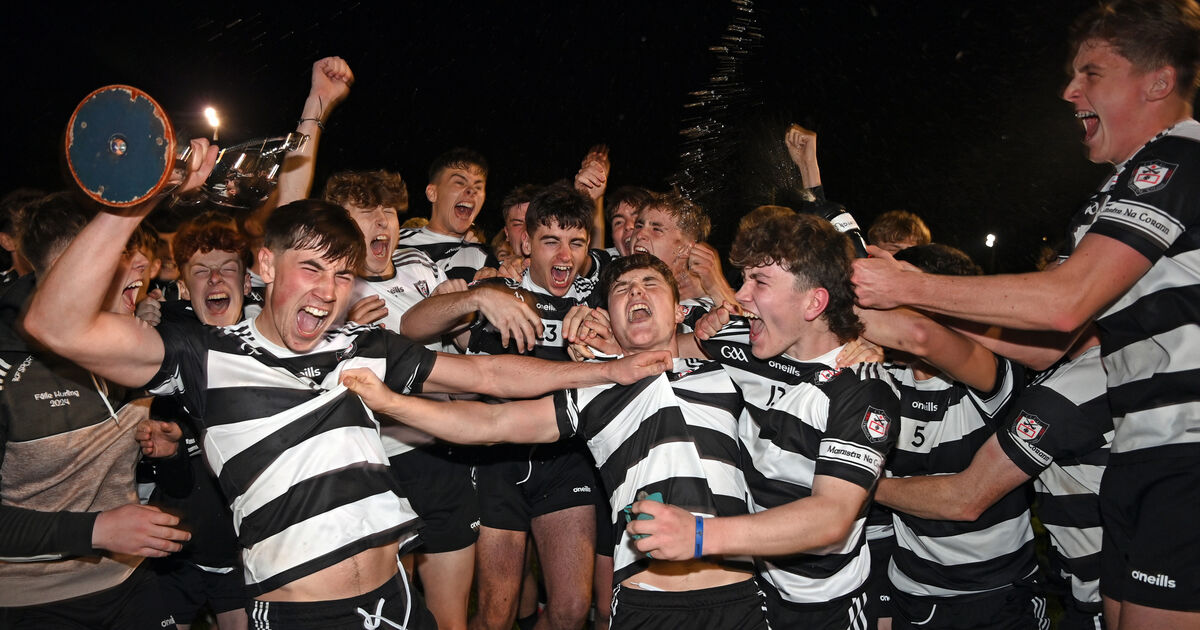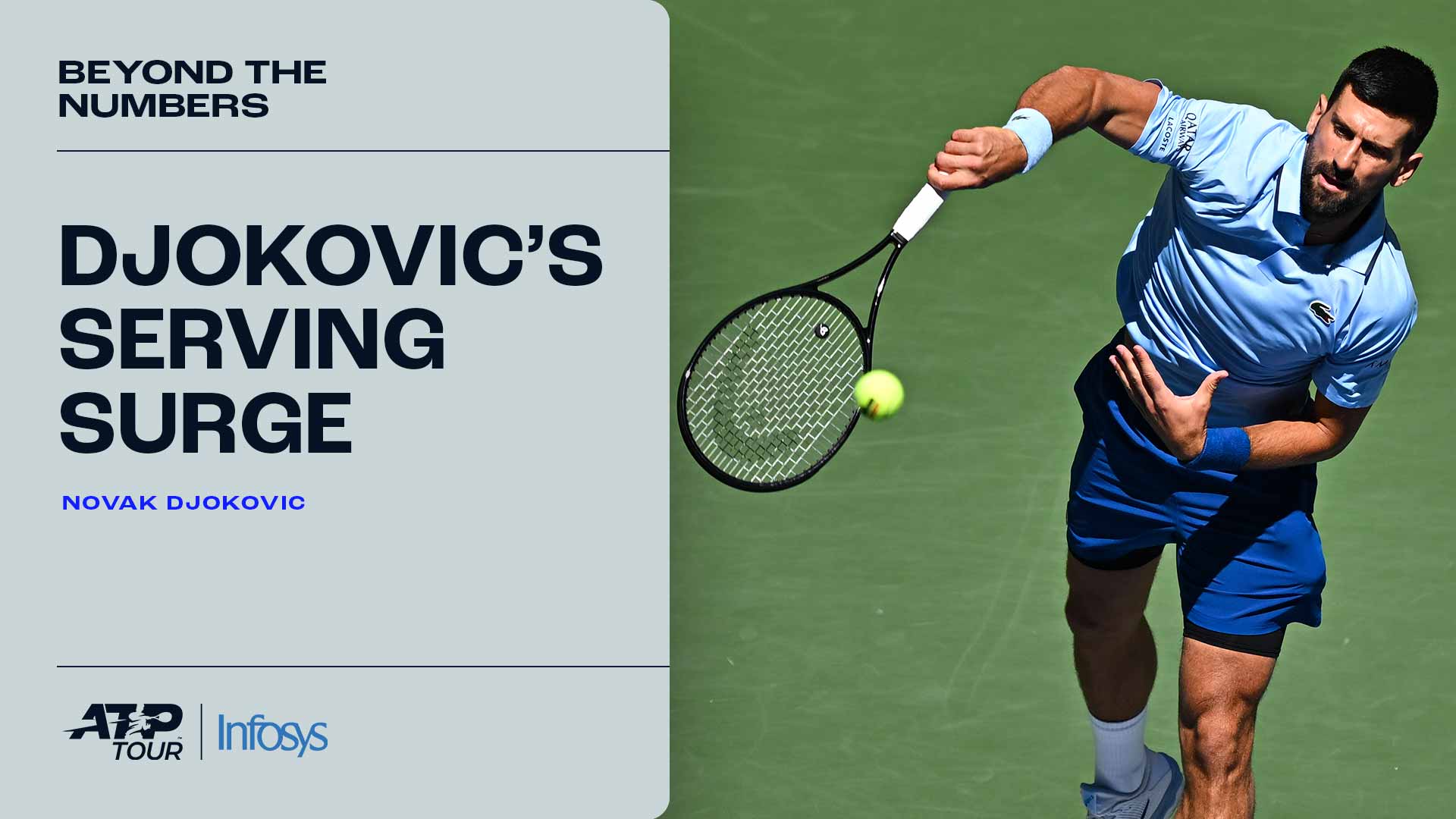The BookKeeper - How much Manchester United have spent on sacking managers

As Mathias Jensen’s 95th-minute strike clattered into the net, at once extinguishing Manchester United’s stuttering attempt to come back from two early goals down at Brentford on Saturday lunchtime, a lot of attention turned to the away dugout. “You’re getting sacked in the morning,” came the chant from the home supporters.Ruben Amorim was not sacked on Sunday morning, nor in the afternoon, and he also survived Monday or Tuesday. There are no plans for him to go before United welcome Sunderland to Old Trafford this weekend. Yet less than a year into the job, conversations about his future are ever-present.Managers and head coaches are often mentioned in conjunction with their win records. Amorim’s predicament might better be represented by his defeats; United have lost more than half of the Portuguese’s 33 Premier League games in charge.Amorim only took over last November, announced on the first day of the month and arriving on its 11th as one of Europe’s most highly-rated young managers after a stellar four and a half years in charge of Sporting CP in Lisbon. United paid about £11million to bring him and his staff to Manchester. Four days after he was announced as their imminent new head coach, Amorim’s Sporting hammered Manchester City 4-1 in the Champions League in his final home match in charge.Their results under him have been largely grim, but United have more than footballing reasons to bear in mind when considering whether or not to bring the Amorim experiment to an abrupt end. Sacking managers/head coaches costs money and, at United, financial concerns have been a prominent topic since Sir Jim Ratcliffe acquired a stake in the club in February 2024.For almost 27 years from the late 1980s, United didn’t need to worry about what changing their manager would cost. Sir Alex Ferguson’s lengthy and wildly successful time in charge ensured any problems tended to reside away from the Old Trafford dugout. Much has changed since his 2013 retirement. Amorim is that dugout’s sixth permanent occupant in the subsequent 12 years.All that flux comes at a price. Ferguson’s own departure, while plainly not a sacking, brought about £2.4million ($3.2m at the current rate) in costs to remove coaching staff not wanted by his successor, David Moyes. Just 10 months into a six-year deal, Moyes was out by the following April. Removing him and his own backroom team set United back £4.9m.That was the cheapest of their recent sackings.Louis van Gaal lasted two years in Moyes’ wake before his own ousting, with £8.4million the cost to remove the Dutchman and his assistants. Next came Jose Mourinho, whose December 2018 dismissal netted him and his entourage £19.6m (the largest managerial payout in United’s history). Ole Gunnar Solskjaer (£9.1m) and Erik ten Hag (£10.4m) hardly left for pennies either, not least because the latter was dismissed less than four months after United triggered a one-year extension to his contract.The big uncertainty is Ralf Rangnick, who was appointed as interim manager when Solskjaer went, with a two-year consultancy role lined up for the German once that 2021-22 season ended. He never took up the latter position, but his departure in May 2022 coincided with a further £14.7million in compensation costs landing on United’s books.Per information briefed by the club at the time, that £14.7million was not exclusively paid to Rangnick and his team. Instead, elements of it went on wider staffing changes within both football and non-football departments at United. The exact amount paid to the German and his staff upon departure is therefore unknown.Even if we discount that sum in its entirety, the cost to United of sacking managers over the years stands at £54.9million. On its own, for a club of their stature, that’s not a huge amount: less than one per cent of revenues since Ferguson stepped down just over 12 years ago.Finances could bear the early dismissals, too. United were profitable in each of the years in which Moyes, Van Gaal and Mourinho were sacked. It’s also hardly unique to United. Plenty of clubs, Chelsea perhaps foremost, have spent small bounties of their own on changing their manager or head coach.Yet fortunes have turned more recently, with on-field inadequacies slowly but surely eating into off-field resources. The cost of Ten Hag’s departure was accompanied by the £4.1million United shelled out to remove sporting director Dan Ashworth after just five months in post. Taken together, the costs to remove Ashworth, Ten Hag and the latter’s assistants were equal to two-fifths of the costs incurred on staffing changes at United last season. When it comes to football personnel, one or two mistakes have a big impact.United shed £51.5million from their wage bill in 2024-25, a big (14 per cent) drop reflective of 176 staff being removed from administrative posts, itself a 22 per cent reduction in headcount. Yet those football sackings ate up 28 per cent of their wage bill savings, and came at a time when the club is still incurring the costs of its sizeable downsizing.Other payments for loss of office and restructuring and redundancy have hit United’s bottom line to the tune of £34.5million since Ratcliffe arrived and while savings will be felt without the impact of dismissal costs in the future, it still stands that the club could do without expensive errors limiting the positives.Sacking Amorim and his backroom team would bring further immediate costs. How much is unclear, but with the Portuguese’s contract not due to expire until June 2027, the amounts won’t be miserly. Even just the bottom line hit in amortisation would see United having to book an extra £4.2million in costs in 2025-26 if they were to remove him before the end of next June, albeit that isn’t a cash cost, which is where their recent financial concerns have lain.The flip side is the impact of continued underperformance on the pitch isn’t limited to that sphere. United’s 15th-place finish last season generated £136.2million in Premier League prize money, their lowest domestic takings since 2016 (the pandemic-affected 2019-20 season excluded).No European-football income this season is a contributing factor to United already projecting a small drop in revenues in 2025-26, at a time when rivals’ turnover is surging. Those projections include a minimum Premier League finish, too. Fail to achieve that and there’ll be another financial hit.All of this may be moot, of course. Amorim may turn the rising tide; a Premier League wins list which only includes six of the current top-flight teams may quickly expand; a playing system currently receiving devotion without much sign of deserving it may soon bear fruit.If it doesn’t, United and Ratcliffe will have a decision to make. It could be a costly one, adding to a mounting tally of expensive managerial departures from Old Trafford.(Top photos of Ruben Amorim and Erik ten Hag: Getty Images)









